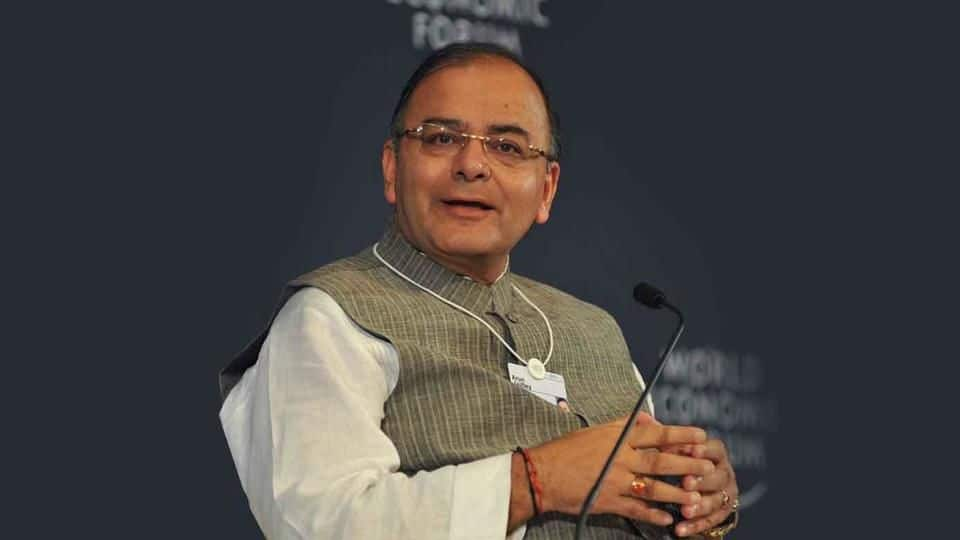
FinMin Arun Jaitley unveils electoral bonds for political funding
What's the story
All political parties have been slammed for their manner of raising money. With the aim of cleaning this system, FM Arun Jaitley has provided details regarding "electoral bonds." They can be brought from SBI's specified branches. Now, if one wants to donate to a political party, they can buy these bonds and pay them to a registered party. Read on to know more.
Necessity
Why is this step taken?
Currently, political parties use the slack tax regime to accept donations from anonymous sources. As per ADR, about 70% of political funding over an 11-year period came from unknown sources. Political parties are instructed to report any donation of over Rs. 20,000 to the I-T department. But, donations are made in the form of cash in smaller amounts. Electoral bonds aim to reduce this.
Procedure
How will the electoral bonds work?
Electoral bonds will be interest-free debt instruments like promissory notes. SBI will be the custodian of the donor funds until the political parties are paid. The payee's name won't be given, and it can be bought in values of Rs. 1,000, 10,000, 1L, 10L or 1cr. They are valid for 15 days and donations have to be made in this time period.
Availability
When will the bonds be made available?
The bond will be available for a 10-day period in January, April, July and October. In the year of general elections, the bond would be available for 30 days. Though the purchaser's name will not appear on the bonds, they would have to make KYC disclosures to the SBI. An Indian citizen or entity will be eligible to purchase the bond.
Do you know?
Will these bonds help to regulate election funding?
Electoral bonds won't do a "Mr. India act" of getting rid of all evils related to political funding. This is because though the donor's identity is known, the party or public won't know about it. So, voters must band together to demand full transparency.